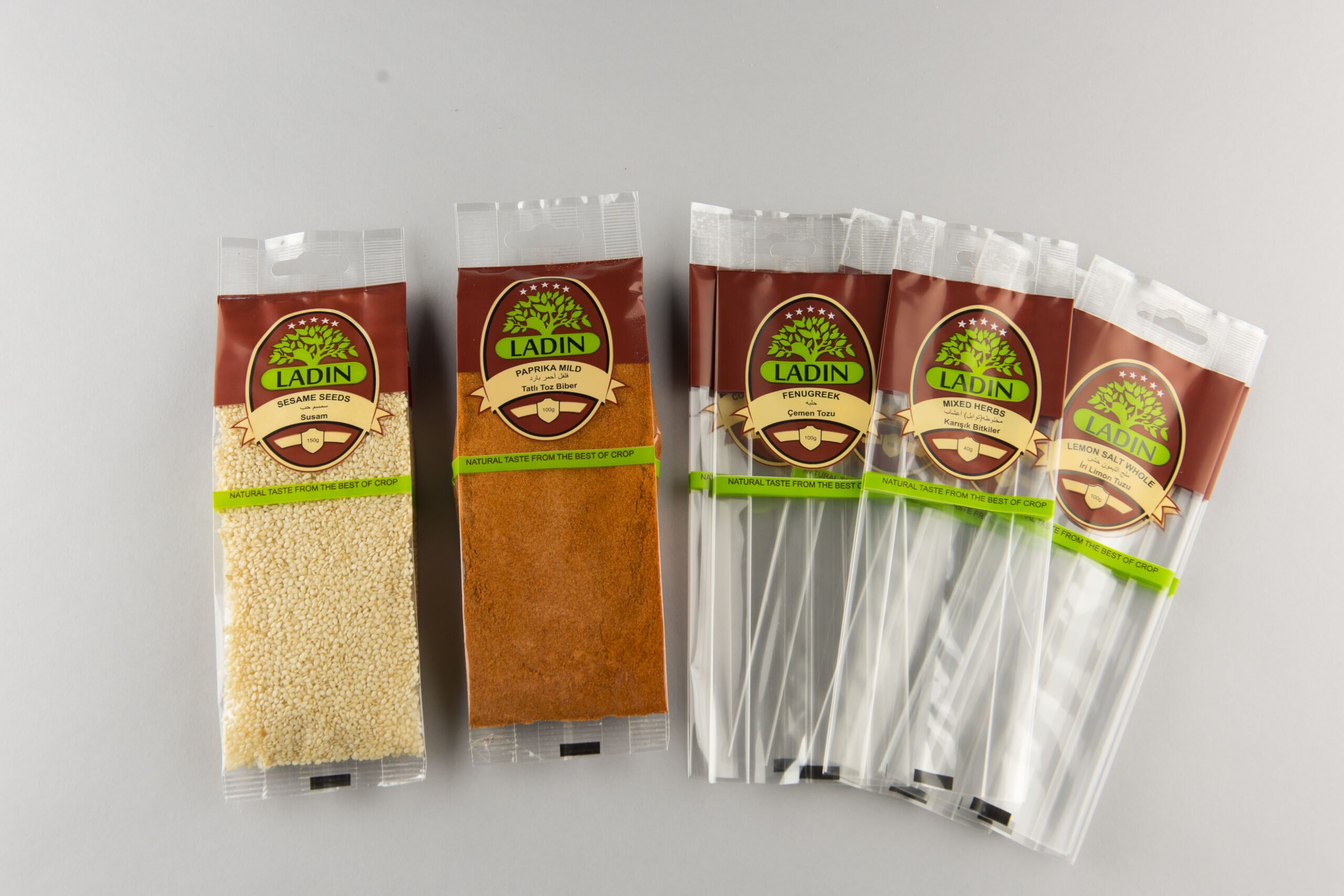
As consumer awareness of environmental issues grows, sustainable packaging has become a crucial factor for businesses in reducing their ecological footprint and meeting customer expectations.
As the UK’s leading packaging supplier, Charlotte Packaging is at the forefront of providing innovative and eco-friendly packaging solutions that not only protect products but also support environmental conservation.
In this article, we will showcase five game-changing sustainable packaging options transforming the industry. These eco-conscious solutions demonstrate that it is possible to maintain functionality and visual appeal whilst reducing the environmental impact of packaging materials.
By adopting sustainable packaging practices, businesses can strengthen their green credentials, enhance their brand image, and attract an increasingly eco-aware customer base. Read on to learn more about the top sustainable packaging solutions revolutionising the packaging landscape.
-
Recyclable and Biodegradable Paper Packaging
Paper packaging is a versatile and sustainable solution that has gained popularity across various industries. Many paper-based packaging materials are recyclable and produced from renewable resources. Furthermore, some paper-based materials, such as kraft paper are biodegradable, breaking down into their natural components over time and reducing waste in landfills.
The use of recycled and sustainable paper sources further enhances their green appeal. Recycled paper products can reduce energy consumption, water usage, and waste generation during production, while sustainability certifications like the Forest Stewardship Council (FSC) ensure responsible forest management.
-
Plant-Based Biopolymers
Biopolymers offer another sustainable alternative to traditional packaging materials. These innovative materials are derived from renewable plant sources like corn, sugarcane, and potato starch. Some biopolymers, like polylactic acid (PLA), are compostable, meaning they can break down into organic matter under specific conditions.
Compostable materials can help divert waste from landfills, support circular economies, and reduce greenhouse gas emissions related to waste decomposition. Coupled with their plant-based origin, biopolymers can offer a significant reduction in the environmental impact of packaging materials.
It is important to note, however, that not all biopolymers are compostable or biodegradable; checking the specific properties and certifications of each material is crucial to ensure a sustainable result.
-
Flexible Packaging with Post-Consumer Recycled (PCR) Content
Flexible packaging, frequently used for pouches and stand-up bags, has a lower material and waste footprint compared to traditional rigid packaging like containers and glass jars. To make flexible packaging even more eco-friendly, packaging manufacturers have begun incorporating post-consumer recycled (PCR) content.
PCR materials are derived from used packaging that has been collected, sorted, and recycled. Integrating PCR content into flexible packaging can help reduce the overall environmental impact and contribute to maintaining a circular economy by giving a new purpose to used materials. It is essential to ensure that the PCR content being used is suitable for the packaged products, particularly if they are food items, to maintain quality and compliance with safety regulations.
-
Packaging Reduction and Lightweighting
Another sustainable packaging solution is the pursuit of packaging reduction and lightweighting. This approach involves minimising the amount of packaging material used or producing thinner materials under the premise of fulfilling the essential functions of protecting and maintaining product quality.
Reducing the packaging volume not only saves resources but can also lead to lower transportation costs and reduced emissions related to transport, as more products can be shipped at once. However, it is vital to strike a balance between the material reductions and the risk of product damage or spoilage. Optimal lightweighting maximises sustainability benefits without compromising the product’s safety or quality.
-
Refillable and Reusable Packaging Systems
Refillable and reusable packaging systems are a growing trend in the quest for sustainable packaging solutions. These systems promote circularity by allowing customers to bring their reusable containers — such as jars, bottles, or pouches — to refill stations at stores, effectively eliminating the need for one-time-use packaging.
In addition to reducing waste generation, this approach can encourage brand loyalty, create a unique shopping experience, and provide savings for both businesses and consumers. Reusable packaging requires robust design and materials, focusing on durability and safety to ensure multiple uses without degradation over time.
Embrace Sustainable Packaging with Charlotte Packaging
The sustainable packaging solutions explored in this article showcase innovative approaches and materials that are steadily transforming the packaging landscape. Embracing these eco-friendly solutions can help businesses align with sustainability goals and meet the demands of environmentally conscious consumers while maintaining quality, functionality, and visual appeal.
As the UK’s leading packaging supplier, Charlotte Packaging is committed to providing top-quality, sustainable solutions tailored to your unique needs. Our expertise in the latest eco-friendly packaging options ensures we can deliver packaging materials that align with your company’s environmental and aesthetic objectives. Explore our wide range of sustainable packaging solutions and elevate your business by adopting a packaging approach that is better for both your brand and the planet!
